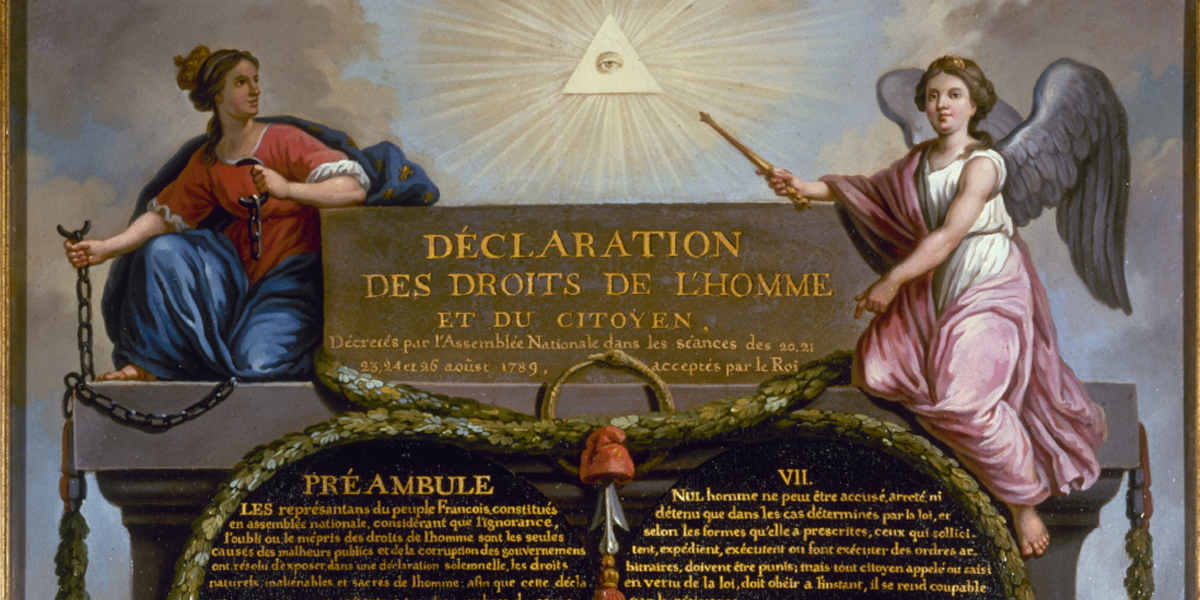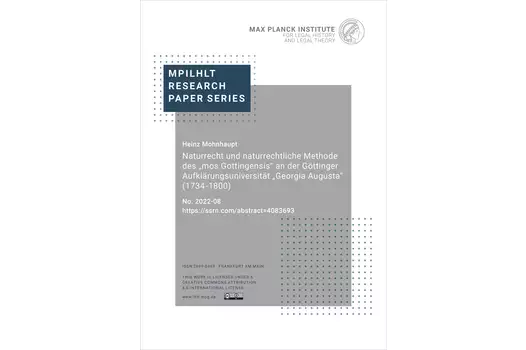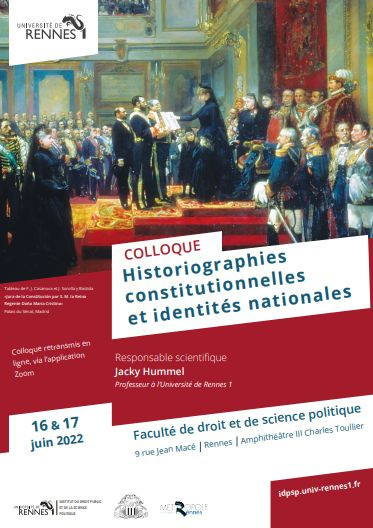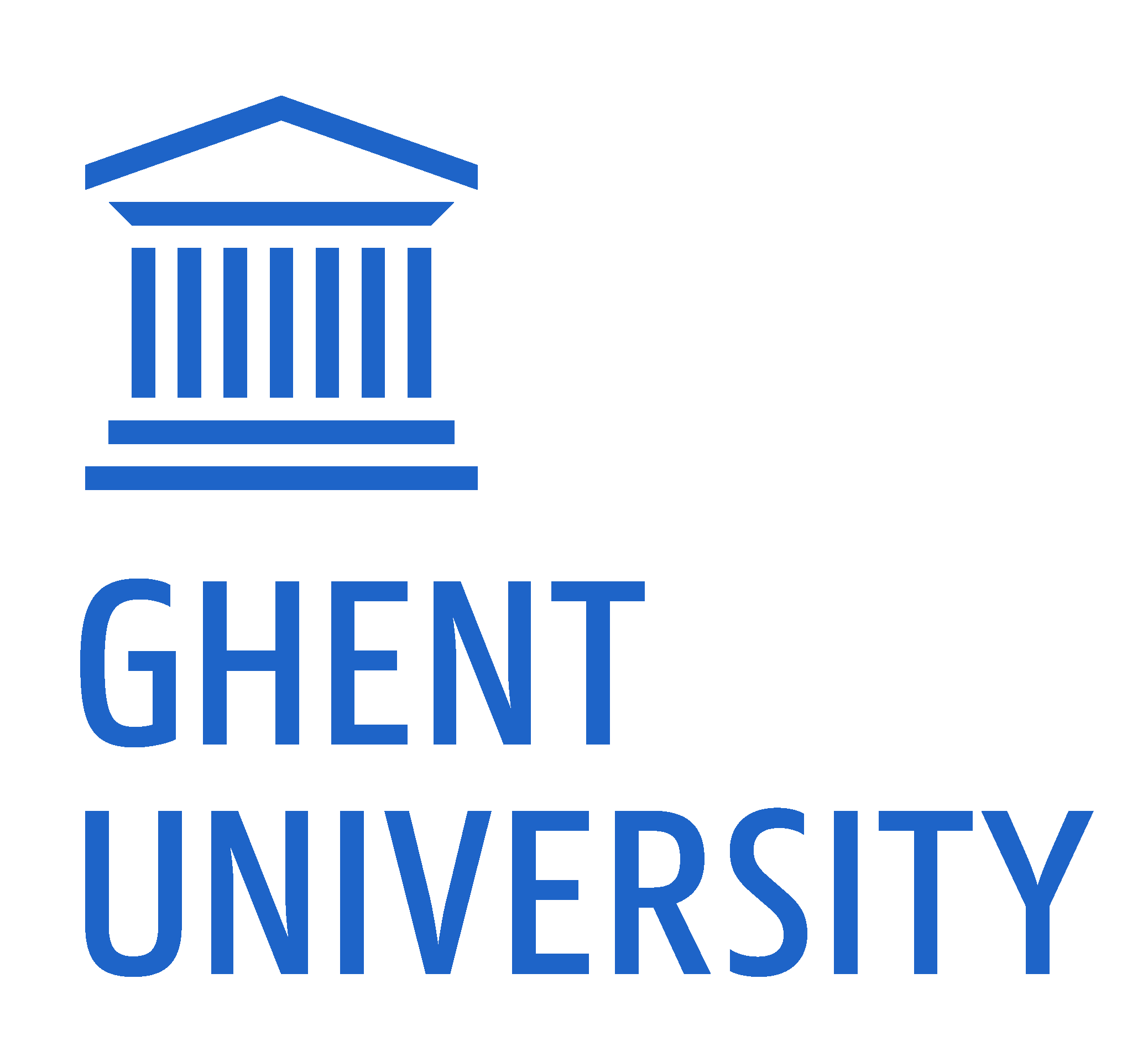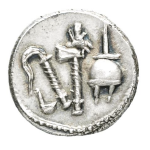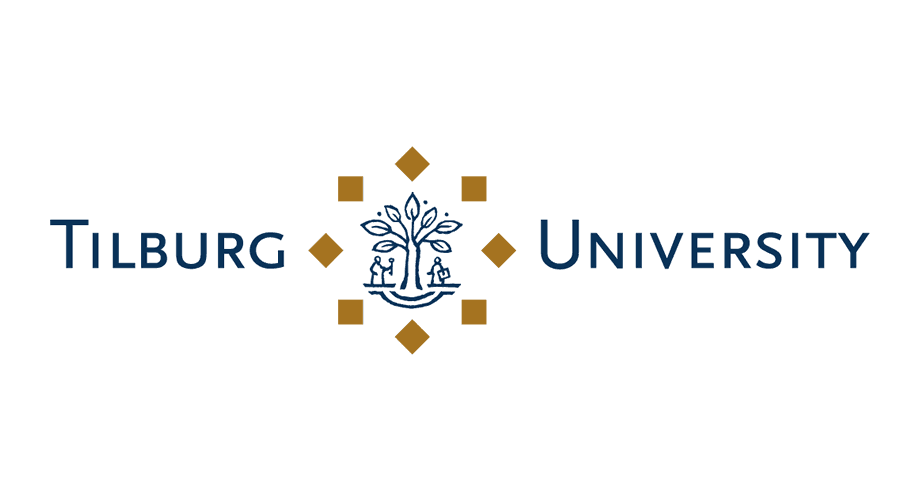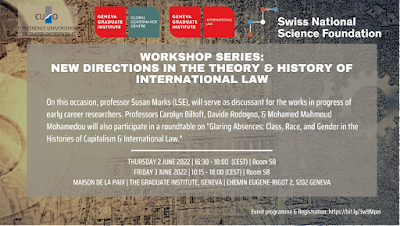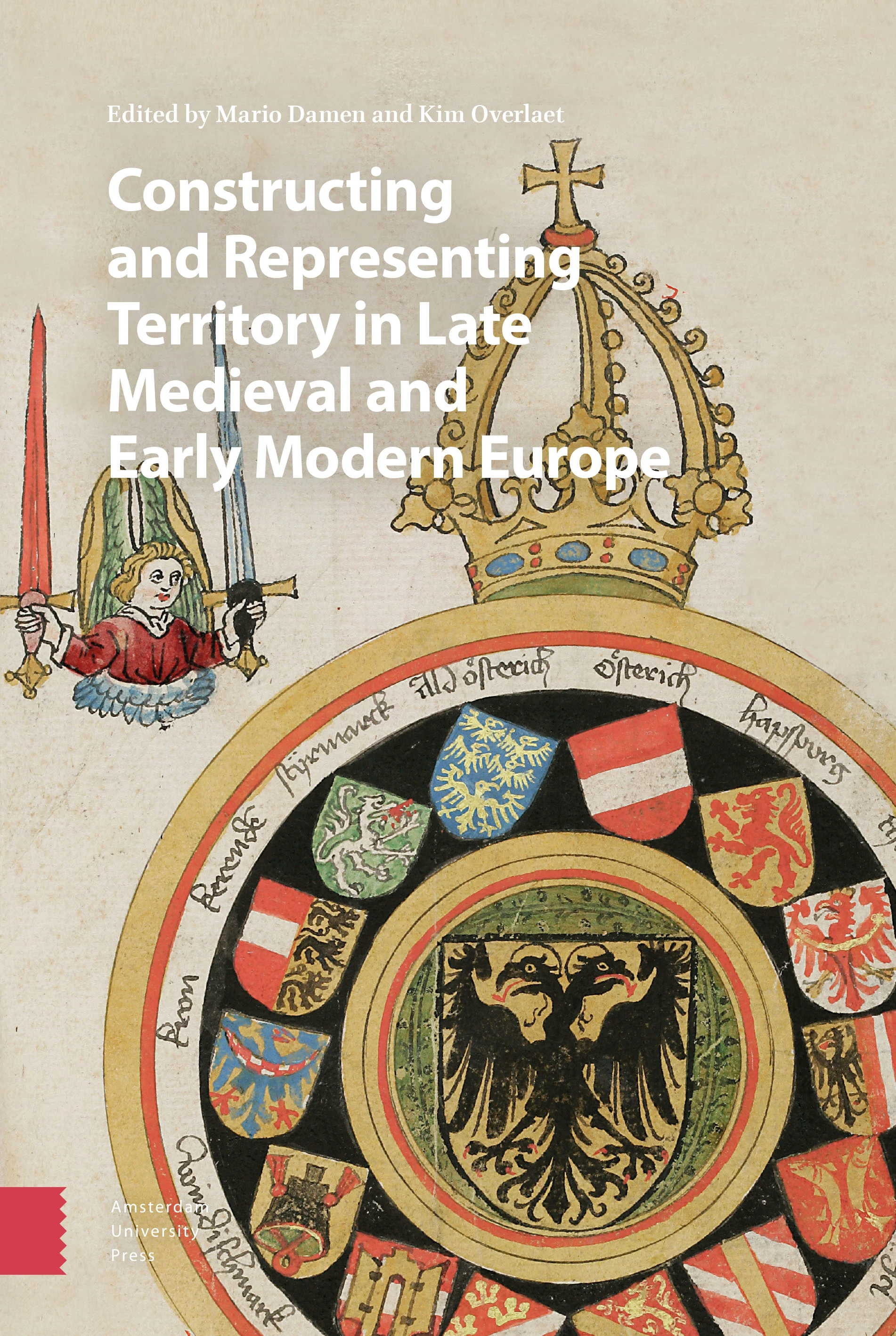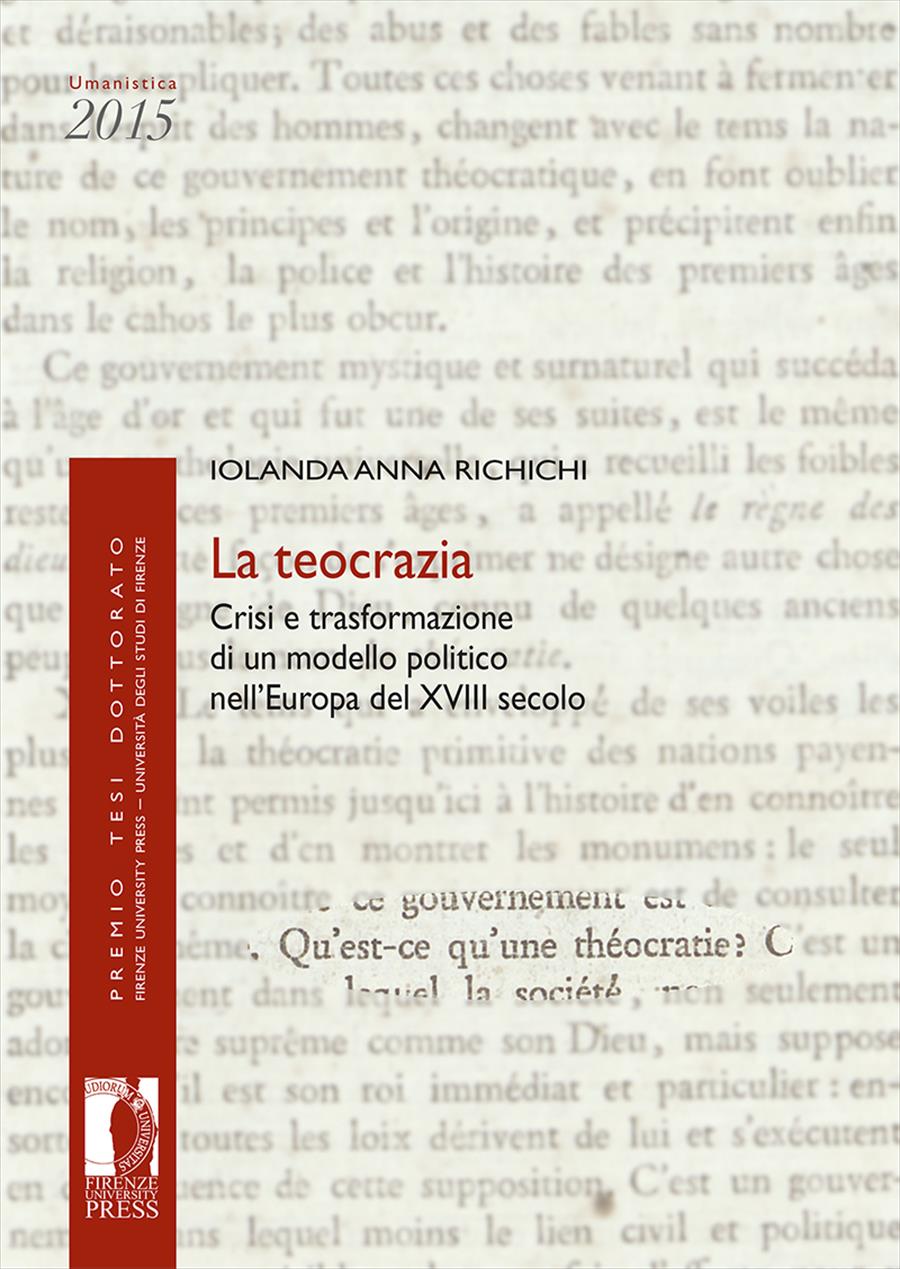The new Journal for Digital Legal
History has a call for papers for its inaugural issue.
Call for Contributions
The Journal for Digital Legal History
(DLH) is a diamond Open Access and peer-reviewed international journal
hosted by the Open UGent platform. We are pleased to invite contributions from
researchers working on legal history with digital, empirical and computational
approaches for our first annual issue to be published in November 2022. The
journal welcomes all research questions and outputs at the intersection of
legal history, digital humanities and empirical legal studies, broadly defined.
In the field of legal history,
digital methods are hardly ever the centrepiece of a publication itself, if not
downplayed. In 1997, Richard Evans claimed that: 'How we know about the
past, what historical causation is, how we define a historical fact, whether
there is such a thing as historical truth or objectivity - these are questions
that most historians have happily left to one side as unnecessary distractions
from their essential work in the archives' (R. Evans, In
Defence of History, 1997, p. 9). Nevertheless, in the 21st
century, the work of a historian or legal scholar does not stop in the
archives. Often, digital or computational techniques are applied in seemingly
pedestrian ways such as "searching" full texts, or they are applied
in more elaborate methods to transform the historical facts embedded in our
precious archival material or legal documents, to answer novel research
questions or to explore well-trodden paths from an innovative
perspective.
The application of digital
techniques to legal history research is often overlooked or omitted from
discussions on methodology. We encourage you to highlight the technical tools
or methods that proved effective to your research projects, without neglecting
all the trials and errors that helped structure your final choice of any
particular technique. You are welcome to illustrate your work with all forms of
outputs, from notebooks to graphs, networks, maps, diagrams, etc.. If you have
developed software, a database or a dataset that others could reuse, feel
welcome to publish it with us.
General Call for
Contributions: continuous call for submissions
Submissions that address legal
sources from any historical period and any part of the world are welcome. We
actively encourage collaborative and multi-authored pieces by authors from
different countries working across disciplines.
We accept publications in
English; we can also support German, French, Spanish, Italian and Portuguese
but do contact the editorial board in advance. If you wish to publish in
another language than mentioned here, please consult us beforehand.
Beyond the following suggestions,
feel free to contact us through the DLH website if you have any original ideas
that you want to discuss.
Topic suggestions
- Original research articles (up to 10,000
words).
- Reproduction-pieces: Can the results of classic
studies be replicated through DLH-techniques?
- A dedicated section for your Digital Legal History
events: If you are organising a panel, conference or webinar series that
prominently features Digital Humanities performed on legal sources,
contact us for a dedicated focus section allowing you to publish the
papers or conclusions of your meeting.
- Shorter focus pieces or provocations (around 5,000
words with fewer footnotes).
- Conference and seminar reports.
- Spotlight articles: inspiration from other social
sciences fields on the promising benefits of specific Digital Humanities
techniques that could be successfully applied to Digital Legal History.
- Presentations or Reviews of softwares, databases,
datasets, websites, and platforms.
- Tutorials: general presentation, application
through a specific study angle (legal linguistics, marginalia analysis).
- Trials & errors: reflections on the productive
role of wandering and errors in abandoned, rejected or substantially
modified past projects that could help improve the current methodology
(inspired by the Journal
of Trial & Error).
Formats
We are open to submissions in
traditional and non-traditional formats: from traditional articles to blog
posts, from plain text to linked data or hyperlinked texts, from posters to
Notebooks, etc.. Illustrations could be included in the form of notebooks,
graphs, diagrams, maps, networks, and images.
Timeline
Upon receiving your contribution,
we aim to publish it within 2-4 months, depending on a positive peer-review.
Please send us a short abstract of 150 words, including a provisional title,
suggested format and up to five keywords. You can find the detailed
guidelines for authors on the journal's website. Please include a
short biographical statement for the proposed contributor(s), including the
area of expertise, interests, affiliation (if applicable), and any other
relevant information. We will respond to all abstract submissions within 14
days (in July and August, this may take a bit longer).
More info: https://openjournals.ugent.be/dlh/
The journal also has two calls
for dedicated focus-sections (Early Career Digital Legal
Historians: dare, test and surprise & Global DLH: show, tell and
teach).



